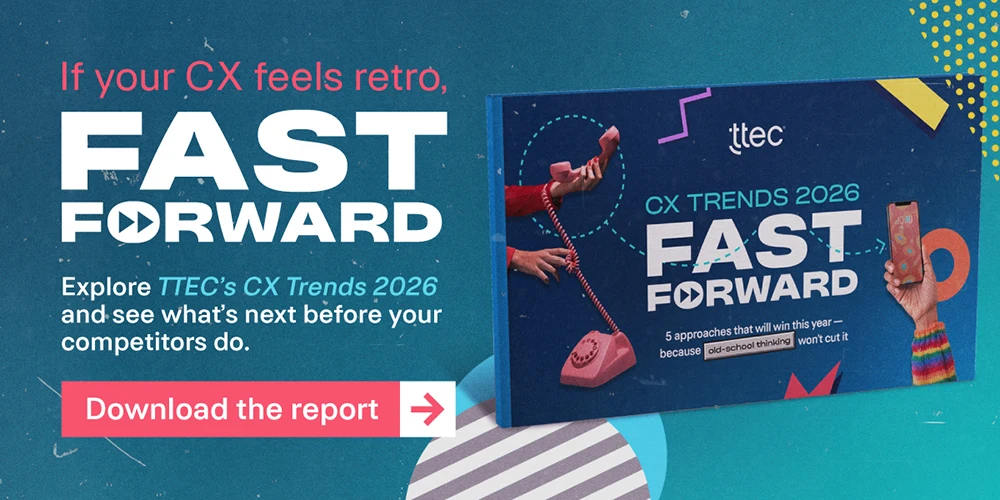Gaming brands have so much data at their fingertips: you know what games your gamers like to play, how well they play compared with others, how long they spend in-game, their purchase histories and more.
Are you making the most of all that data? Is it informing the decisions you make? Not just when it comes to developing your next great game, but to also improve the player experience?
Data has huge potential to improve customer experience (CX) – creating personalized interactions and journeys, proactively anticipating players’ needs, and resolving issues quickly – but only if you use it to its full potential.
Too often, the data-collecting arm of a gaming brand is siloed away from its CX operation. When that happens, you’re not realizing the full potential of your data.
Use data analytics to improve player experience
Data plays a crucial role in crafting a player experience that keeps gamers engaged with your games, so be sure your CX team has access to the data it needs. The more you integrate player data into CX, the more actionable insights you’ll have at your disposal.
Focusing on data analytics is the best way to understand your gamers on a deeper level – what motivates them, what irritates them, what makes them happy. Armed with that information, you’re much better equipped to eliminate pain points and improve their player experience.
Voice of the customer solutions, for instance, let you amplify the power of listening to get a stronger grasp on what your customers are experiencing in the moment. Use the data culled from customer support interactions to identify which parts of your customer journey are working and which ones aren’t.
And speech and predictive analytics let you take it a step further, using the insights you’ve collected by listening to your customers to predict what they’ll need or want next. When you know players’ specific preferences, behaviors, and habits, you can shift from reactive to proactive. You can serve up relevant offers, rewards, and experiences that feel customized specifically for them, at just the right moments.
In addition to leveling up your player experience, this data-driven approach also empowers your associates to perform their jobs better, faster, and more easily. It a win-win.
Make better, data-driven business decisions
Beyond the customer-facing benefits your brand can reap from data, it should also be informing the behind-the-scenes decisions you make to grow your bottom line.
With the right data, you can quickly determine how loyal gamers are to your brand, and whether there’s potential to further grow that loyalty if its reached its peak. Homing in on this will help you grow lifetime customer value in the long run.
Leaning on data can help optimize many aspects of your business, helping to grow efficiencies and the bottom line. It lets you integrate player feedback and identify gaps and opportunities, all of which allows you to make more strategic decisions.
It can also bring to light areas that are primed for back-office improvements or streamlined workflows.
Get help when you need it
With so many other priorities on your plate, you might be hesitant to add data analytics to the mix. Many gaming brands don’t even have the expertise in-house since it’s not typically a core part of what you do.
Working with an expert partner that specializes in player experience is a great way to tap into the people, technology, and strategy that an outsourcing partner can bring, while you keep focusing on what your company does best.















